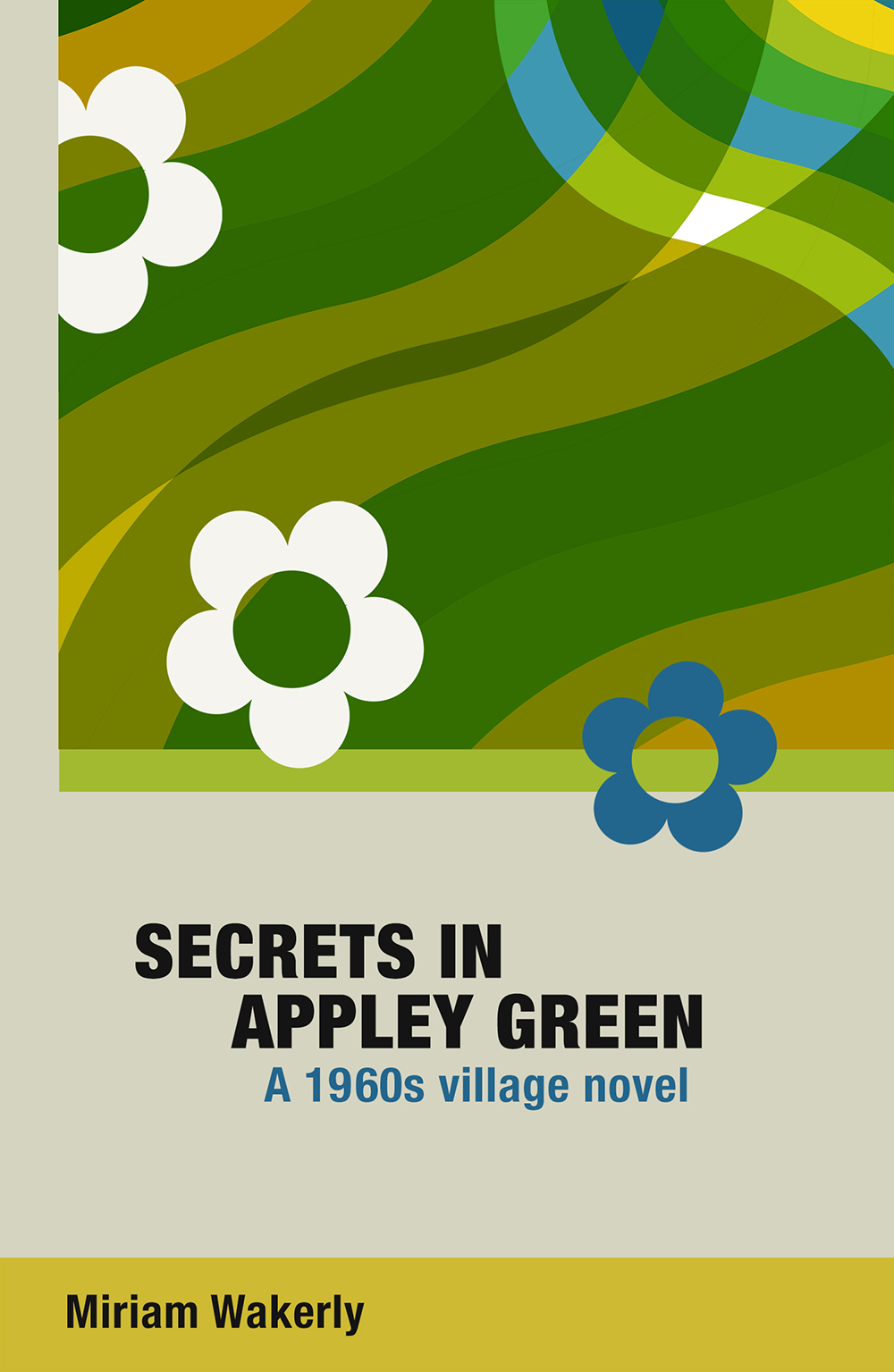BBC Surrey Breakfast Show, Saturday 12 October
Thanks to local councillor @PaulDeach who listened to my interview live and reacted immediately, this interview is put into context as a more permanent podcast on the Surrey Heath Residents' Blog.
And on iTunes
( http://www.bbc.co.uk/radio/player/p01hg328
no longer available on BBC website)
Do some follow-up comments come along from the listening public? (I am still listening to the programme, so watch this space...!)
POST SCRIPT: No, apparently there was little negative response this time, for whatever reason.
Thanks to local councillor @PaulDeach who listened to my interview live and reacted immediately, this interview is put into context as a more permanent podcast on the Surrey Heath Residents' Blog.
And on iTunes
( http://www.bbc.co.uk/radio/player/p01hg328
no longer available on BBC website)
Speaking live on an early morning radio programme can be
deceptively challenging. Firstly, you have to be awake! Then, for example, before
sun-up and in the rain, negotiating the Pirbright bends, where the road is
strewn with branches and massive surprise puddles, you strive to get to the
Guildford BBC studios in time for your precise slot.
Also there is the sensitive nature of the topic. Travellers.
Gypsies. Planning applications and prejudice. Yes, enough to wake anyone up
when presented with a list of alleged crimes and anti-social behaviour that are,
apparently, solely attributable to Gypsies and Travellers.
Thankfully such sweeping allegations against the travelling
community are becoming fewer in the wider population. I think so, anyway, but
there are always a few who refuse to see them as human beings, in most ways
just the same as anyone else. The key difference is that some GandTs wish to retain
aspects of their culture, with regard to moving around for work and social
gatherings, and pursuing traditional ways of earning a living: tree surgery,
garden maintenance, fencing etc; laying tarmac (less so now); scrap metal. This
type of work would not fit easily on your average residential estate or road,
and it is entirely right that they should be accorded somewhere for them to
fulfil their role and pitch a trailer. This is really all they ask for;
somewhere within reasonable reach of schools, shops, doctors and so on.
These people are descendants of those Romany Gypsies who
years ago co-existed quite comfortably within the context of rural England,
making things like pegs and baskets, virtually out of fresh-air and the hedgerow, or offering a useful service
such as knife-grinding. Travelling and stopping has become nearly impossible, with so many laws
that make this and doorstep selling difficult; now, even remaining static in
their family groups is almost as impossible!
Local authorities are trying to do their bit, I feel, but as
ever, once they do their assessments, find a suitable plot of land, which is not
easy to say the least, the big hitch in the process is the general public’s
resentment. Whilst acknowledging the need for site provision, there
is still a strong element of NIMBYISM.
How about we all try and turn things around? Instead of
dwelling on possible negatives, perhaps, for the sake of their children and grandchildren especially, we should do our bit to accentuate the
positive.
‘Hey! I hear some Romany Gypsy or Irish Traveller families are
settling in near us! I would so like to know more about them and their fascinating
culture first-hand. What you see on TV and read in the papers is probably not a
fair representation. I shall make a real effort to make them welcome and help
them fit in with our community. I’m dying to find out about what the older
members can remember of times gone by!’
You can compose your own version of course.Do some follow-up comments come along from the listening public? (I am still listening to the programme, so watch this space...!)
POST SCRIPT: No, apparently there was little negative response this time, for whatever reason.















